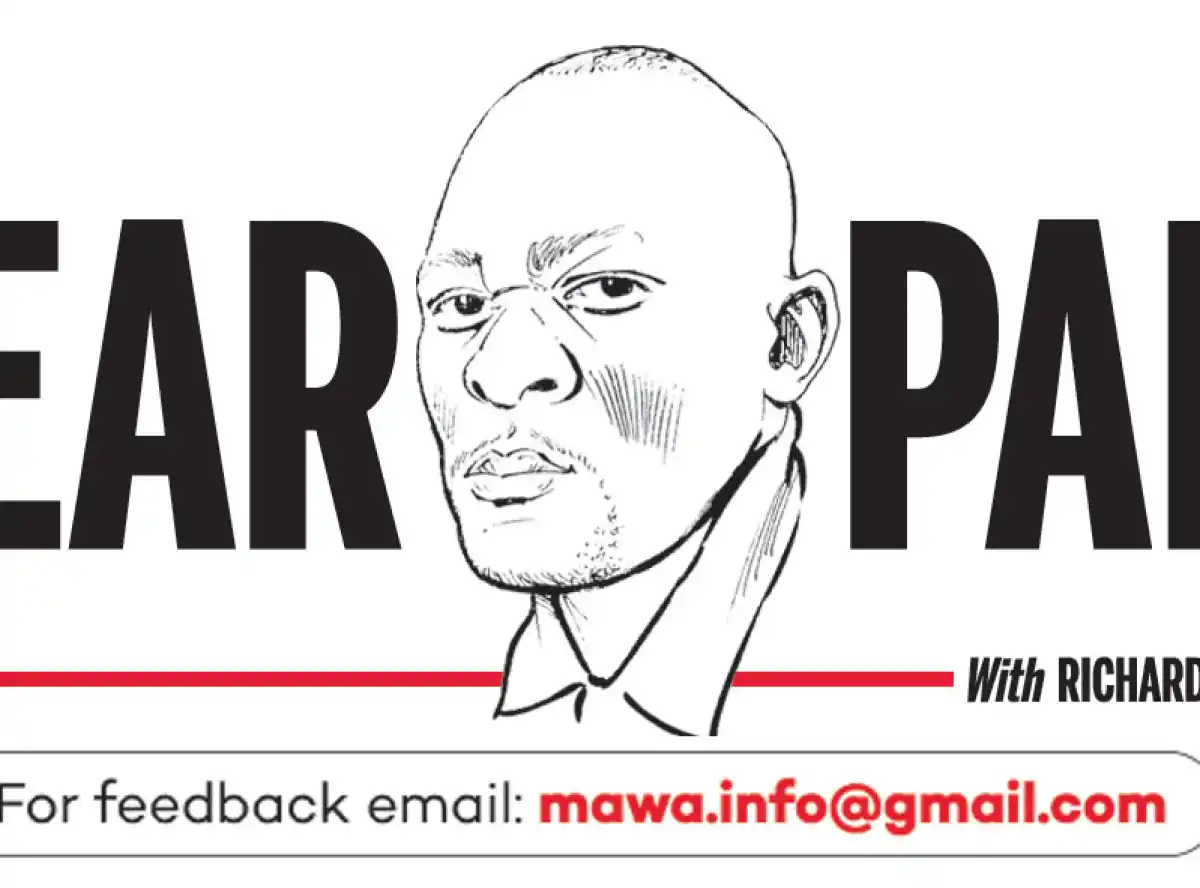
 In every nation that upholds democratic principles, elections represent more than just a political process; they embody the voice of the people and determine the course of governance and development.
In every nation that upholds democratic principles, elections represent more than just a political process; they embody the voice of the people and determine the course of governance and development.
At the heart of any fair election lies a simple yet vital principle: integrity.
Ensuring electoral integrity is essential for the legitimacy of government, the trust of citizens and the credibility of democratic institutions.
A crucial aspect of maintaining this integrity is the requirement for voters to present proper identification.
But why is this seemingly straightforward requirement so important and why is it causing such controversy in Malawi?
Election integrity is vital because it prevents any one group from exerting undue influence, protects the rights of all eligible voters and fosters trust in the electoral system.
Without integrity, elections become vulnerable to corruption, leading to diminished public confidence in the democratic process.
History shows that when people lose faith in the fairness of elections, they may lose faith in democracy itself.
The consequences can be far-reaching, resulting in political instability, social discord and even violence.
Ensuring that elections are above reproach is crucial for avoiding these pitfalls and maintaining a healthy, thriving democracy.
In our context, this responsibility rests solely with the Malawi Electoral Commission (Mec). One of the simplest yet most effective ways to uphold electoral integrity is by requiring proper voter identification.
Our electoral laws are clear on this matter and Mec is adhering to them.
However, the commission faces accusations of disregarding laws that either do not align with its mandate or fail to address how it may be denying Malawians their right to vote.
I should clarify from the outset that I am neither a spokesperson for Mec nor an advocate for any particular candidate.
The issue of Mec being compelled to accept alternative forms of identification for voter registration hinges on the fact that many people lack ID cards, a point I will address later.
While instances of voter fraud may be rare, the mere possibility undermines public trust. Requiring identification serves as a deterrent, ensuring that only eligible individuals can cast a vote.
By protecting the rights of all voters and ensuring that each vote is cast by an eligible voter, identification requirements help safeguard the rights of every citizen.
Each vote carries equal weight and proper identification ensures that no one’s voice is drowned out by illegal votes.
This principle is particularly important for marginalised communities, whose voices may already be underrepresented.
In my work, I have visited several areas where the government and its partners are implementing social support programmes.
I have witnessed elderly individuals, people with disabilities and other vulnerable groups rushing to the National Registration Bureau (NRB) to obtain the necessary identification to access essential materials.
I have not encountered anyone who has been unable to access their social support due to ID issues or the distance to registration centres.
This indicates that when citizens wish to exercise their rights and obtain what matters to them, they will take the necessary steps.
That is why I maintain that those claiming they cannot register to vote due to ID issues are not being entirely truthful.
Furthermore, NRB has never halted the registration of people seeking IDs. Even if one does not receive the ID immediately, they are provided with a document verifying their identity.
Mec is using this document to register potential voters. I would like to meet someone who has been denied the opportunity to obtain even the document that verifies their registration in the NRB database.
I still insist that proper voter identification is most effective when citizens are well-informed about the process.
Public awareness campaigns can ensure that all eligible voters understand the identification requirements, know how to obtain the necessary documents and recognise the value of these measures in protecting their rights.
Educational efforts can also dispel common myths about voter identification. For instance, some may believe that identification requirements are designed to disenfranchise certain groups.
Transparent communication can clarify that these measures are intended to safeguard the democratic process and ensure that every vote counts equally.
Currently, we face a challenge from an opposition that seems less interested in truth. Perhaps, due to their previous tactics of rigging elections, they anticipate a similar approach for the 2025 election.
Their focus on arguing about irrelevant issues, which even the courts cannot address, is a distraction.
In my reading of Justice Mandala Mambulasa’s judgement, it is clear that Mec is acting within its mandate by requiring voter registration to be possible with a national ID.
NRB’s shortfalls are not Mec’s concerns!








0 Comments